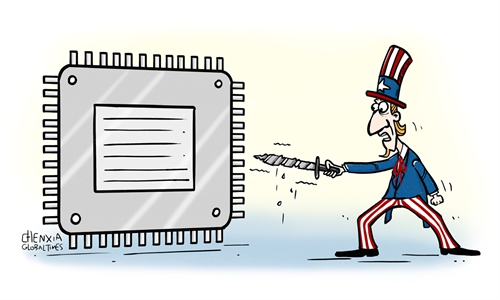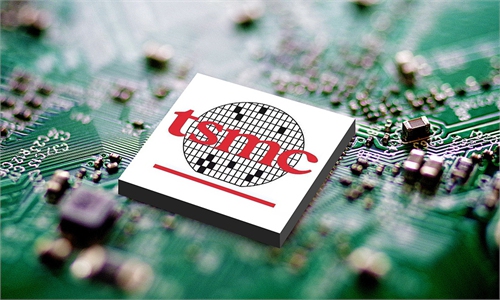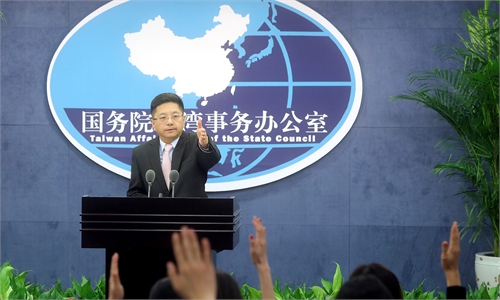
A view of the Taipei city, Taiwan island Photo: Unsplash
The US and the island of Taiwan are reportedly to hold in-person conceptual discussions on the so-called US-Taiwan Initiative on 21st-Century Trade in New York on Tuesday and Wednesday, the Office of the US Trade Representative (USTR) said on November 3.Analysts said that the so-called trade negotiations aim at using the island to contain Chinese mainland and the secessionist Democratic Progressive Party (DPP) authorities' collusion with the US will hurt the interests of Taiwan and its people.
Assistant US Trade Representative Terry McCartin will serve as the lead USTR official to lead the US delegation, which includes representatives from the National Economic Council, the Department of Commerce, the Department of Treasury, the Small Business Administration, and the Food and Drug Administration, said USTR.
The negotiations come after the US and the island of Taiwan announced the reported discussions for formal trade negotiations under the new initiative in August. The two sides launched the so-called US-Taiwan Initiative on 21st-Century Trade in June.
The negotiation agenda includes 11 trading areas such as trade facilitation, regulatory practices, enhancing trade between small and medium-sized enterprises, deepening agricultural trade, removing discriminatory barriers to trade and digital trade, said USTR.
However, as both sides have their own demands, the discussions are unlikely to "advance mutual trade priorities" as it claimed, experts said, arguing against any substantial economic and trade benefits for the island.
What the island of Taiwan wanted was to expand exports to US through the trade deal, however US is unlikely to make concessions on giving large market access to Taiwan's goods amid the US' increasing trade protectionism and its trade deficit with the island, Zhang Wensheng, deputy dean of the Taiwan Research Institute at Xiamen University, told the Global Times on Tuesday.
For the US, tightening control over the Taiwan semiconductor industry is its true intention, which will dominate the discussions, Zhang said.
"What the US aspires is to control the island's chip industry by asking its leading chipmakers to bring their advanced manufacturing capacity to US while containing the growth of the Chinese mainland's chip industry," Zhang said.
In exchange for the US' support for its secessionist acts, the DPP authorities may sacrifice the economic benefits at the cost of the vital interests of Taiwan and its people, experts said.
"The chip industry in Taiwan, if transferred to the US, will lead to a hollowing-out of the industry on the island, and make the island's economy more subservient to US," Zhang said.
Commenting on the trade and economic initiative in August, Chinese Foreign Ministry spokesperson Wang Wenbin said that the one-China principle is the prerequisite for China's Taiwan region to participate in external economic cooperation.
"We urge the US not to repeat its wrongdoing. China will act resolutely to safeguard its sovereignty and territorial integrity. We urge the US not to miscalculate on this," Wang said.
Global Times



